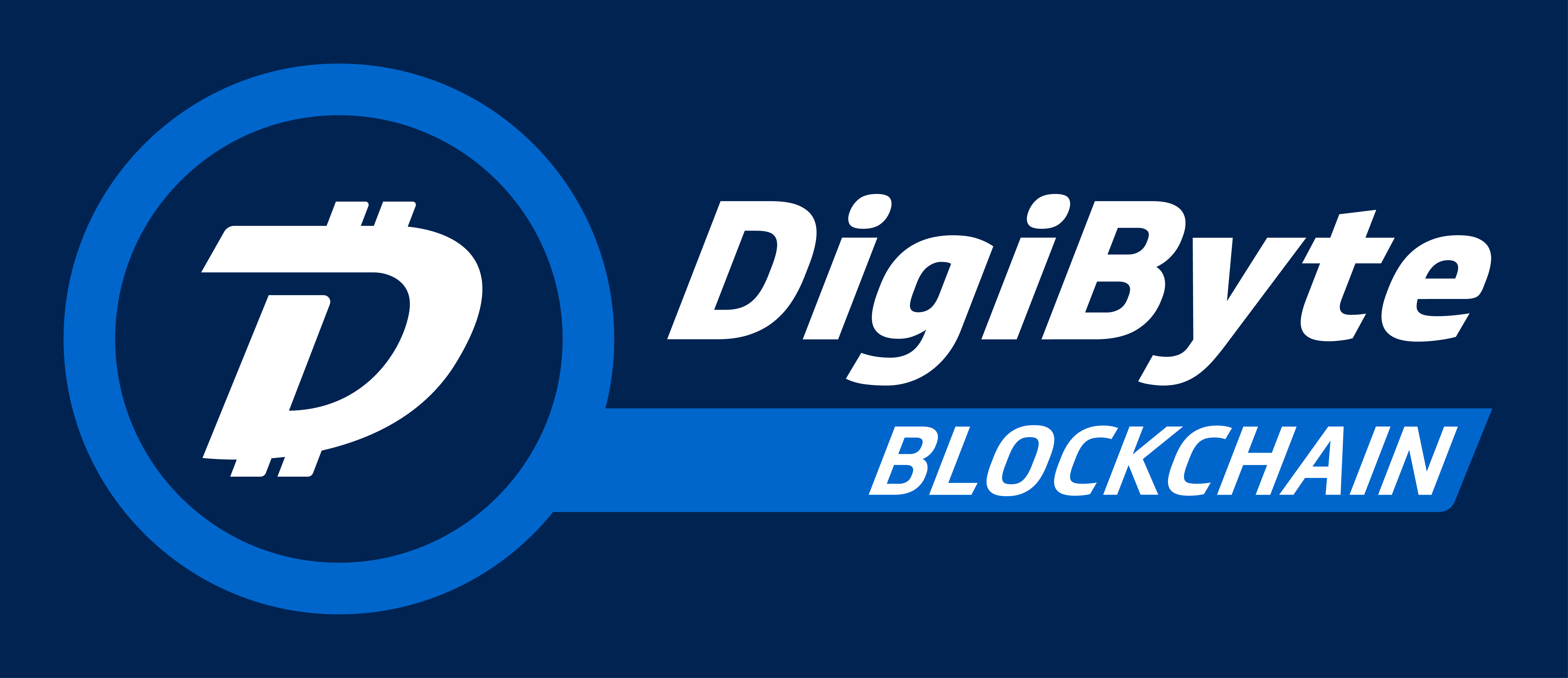This is What I Found Out When I Compared Bitcoin to DigiByte
Introduction
Bitcoin has been around for over a decade and is often called “digital gold.” It was the first cryptocurrency and remains the most well-known. Many early adopters mined Bitcoin years ago and now treat it as a store of value. But when I started looking at how it’s actually used today, I struggled to find practical use cases beyond holding and speculation. That got me thinking — are there better alternatives? That’s when I discovered DigiByte. After diving deep into the details, I realized that DigiByte has several advantages that make it a strong contender for long-term adoption. Let’s take a closer look.
Key Comparison: Bitcoin vs. DigiByte
To fairly assess both, I focused on seven key factors:
1. Transaction Fees
- Bitcoin (BTC): High, and can vary greatly depending on network congestion.
- DigiByte (DGB): Low, with consistently cheap fees.
2. Block Time Efficiency
- Bitcoin (BTC): 10-minute block time.
- DigiByte (DGB): 15-second block time (40x faster than Bitcoin).
3. Payment Confirmation Time
- Bitcoin (BTC): 10–60 minutes, depending on network congestion.
- DigiByte (DGB): 1–2 minutes, much faster for small transactions.
4. Blockchain Uptime
- Bitcoin (BTC): Near 100%.
- DigiByte (DGB): Near 100%.
5. Decentralization
- Bitcoin (BTC): Highly decentralized, but mining is increasingly centralized in large pools.
- DigiByte (DGB): Highly decentralized with multi-algorithm mining.
6. Popularity
- Bitcoin (BTC): Extremely well-known, widely accepted.
- DigiByte (DGB): Less known, but growing adoption.
7. Use Cases
- Bitcoin (BTC): Primarily a store of value.
- DigiByte (DGB): Payments, security, identity verification, smart contracts, AI.
Why Cost and Transaction Processing Matter
Bitcoin transactions can be expensive and slow, especially during network congestion. It takes around 10 minutes to confirm a block, meaning transactions often take much longer to be fully confirmed (10–60 minutes). Fees can also spike dramatically. DigiByte, on the other hand, has a much faster block time (15 seconds, 40x faster than Bitcoin) and consistently low transaction fees, making it a more practical choice for everyday payments.
Decentralization and Network Strength
Bitcoin remains decentralized, but mining power has become concentrated in large mining pools, raising concerns about control. DigiByte tackles this by using five different mining algorithms, making it more resistant to mining centralization.
Real-World Use Cases: Where DigiByte Excels
Bitcoin is largely seen as “digital gold,” and while this makes it a strong store of value, its real-world utility is limited. DigiByte, however, is designed for much more. It is not only a payment method but also has applications in cybersecurity, identity verification, and smart contracts. Other utility-focused cryptocurrencies like XRP, XLM, IOTA, and HBAR are also addressing various real-world use cases, but this post focuses specifically on DigiByte and why it stands out.
Final Thoughts
After comparing both, my conclusion is clear: while Bitcoin remains dominant, DigiByte offers a more versatile and forward-thinking approach. If the financial system shifts toward utility-driven blockchain solutions, which has already been happening for some time, DigiByte has a strong case for long-term success. The question remains — what can we do to popularize DigiByte and bring more awareness to its advantages?
